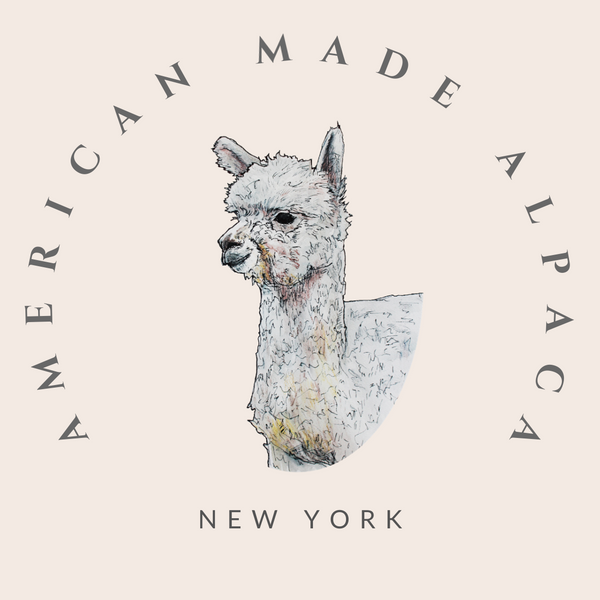
Are Alpaca Socks Biodegradable or Eco-Friendly?
Share
If you’re tired of fast-fashion junk that falls apart in a season and ends up in a landfill, alpaca socks are a breath of fresh air. They’re made from one of the most earth-friendly fibers around. No plastics, no chemicals that linger for centuries—just natural fiber spun into socks that actually break down when their job is done.
Alpaca fiber is 100% natural. When your socks have finally seen more shifts than they can handle, they’ll decompose the same way leaves do. Unlike polyester, which sheds microplastics into every wash load, alpaca breaks down naturally. That means no sneaky plastic pollution floating around in rivers or oceans.
Raising alpacas is easier on the environment, too. Unlike sheep or goats that rip grass out by the roots, alpacas snip grass with their teeth, leaving pastures healthy. Their padded feet are gentle on the ground—they don’t churn up the soil like hooves. That low-impact lifestyle means every pair of socks starts with an animal that treats the land with respect.
Processing alpaca fiber takes less water and fewer chemicals than most wools. Since alpaca doesn’t have lanolin, you don’t need harsh scouring agents to strip it clean. That means the journey from animal to yarn uses fewer resources and creates less waste. Cleaner for the planet, cleaner for your skin.
Durability adds to the eco-factor. If a pair of alpaca socks lasts two or three times longer than cotton or synthetics, you’re buying fewer socks overall. Less shopping, less shipping, less waste. One durable sock beats three throwaways every time.
Buying alpaca socks from American farms also cuts down on freight miles. American Made Alpaca grows and manufactures right here in the USA, keeping jobs local and fuel use lower. Every pair supports small-scale farming that focuses on quality and sustainability, not mass production.
So yes, alpaca socks are eco-friendly from start to finish. They’re raised by low-impact animals, processed with less waste, worn longer, and finally break down naturally. It’s rare to find something this tough on the job and this gentle on the planet—but alpaca manages both.
